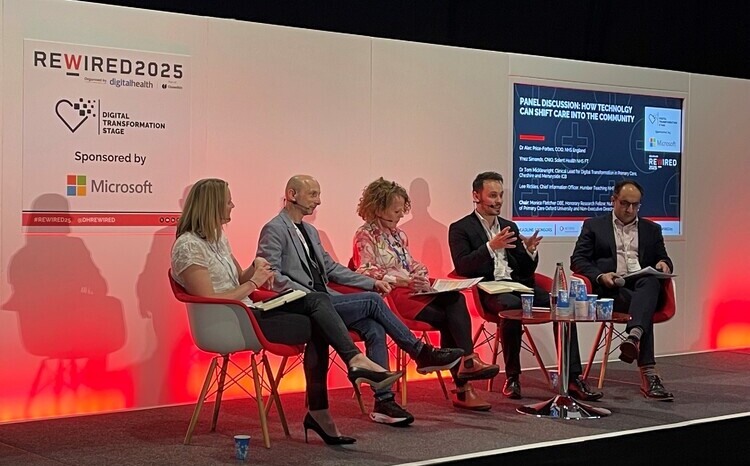Mobiquity report reveals top engagement mechanisms for apps

A Mobiquity report has unveiled the most commonly used mobile app features designed to engage and empower people living with chronic conditions.
In an effort to understand how to better design patient support solutions Mobiquity investigated and evaluated the most popular user engagement solutions for its Digital Healthcare Features Radar report.
Six distinct areas were identified as essential to successful chronic condition management. They are:
Health goals and motivation: This covers mobile features that help patients to identify personal health goals, stick to them and stay motivated. It includes both immediate and long-term goals.
Treatment adherence: Tools and features that help patients to stay on track with their medication regimens and non-medicated treatments.
Behaviour change: Apps that encourage a healthy diet, sleep regimen, physical activity and promote mental health to achieve sustainable results beyond the impact of medical treatment.
Knowledge building: Solutions that help patients to build knowledge about their condition and their health through collecting and analysing data, delivering proven information and actionable advice.
Healthcare professional support: Features that help to build trusted and productive relationships with healthcare teams, streamlining communication and information exchange.
Social support: For example, app features that leverage social mechanisms to support patients. This may be centred around app user engagement or it may help to engage friends, family, non-medical experts and supporting organisations.
Teun Schutte, strategy lead life sciences & healthcare at Mobiquity, said: “During the past few years, the healthcare industry has seen a push to redesign the entire conventional healthcare ecosystem, with increasing emphasis on patient centricity, improved patient engagement and improved value-added care delivery.
“Using technology to enhance patient experience involves understanding the patient’s journey, along with all the touch points, frictions and stakeholders involved in each stage of the illness process. Incorporating all of this into an app allows providers to improve healthcare accessibility and empower their patients.”
At the start of this year Digital Health revealed that the NHS App was to gain new functionality, allowing users to book their own appointments as well as access correspondence such as pre-consultation questionnaires.




